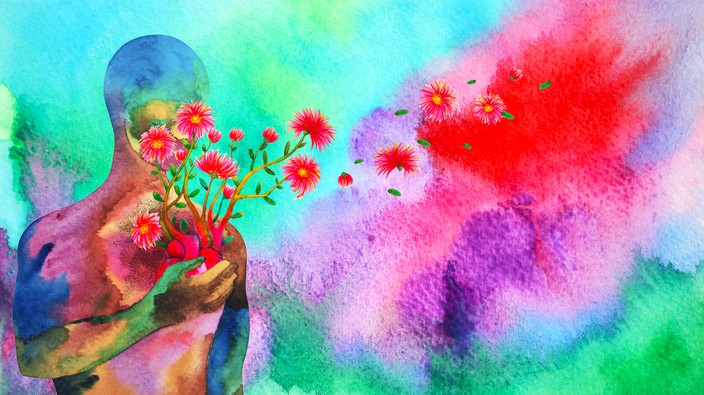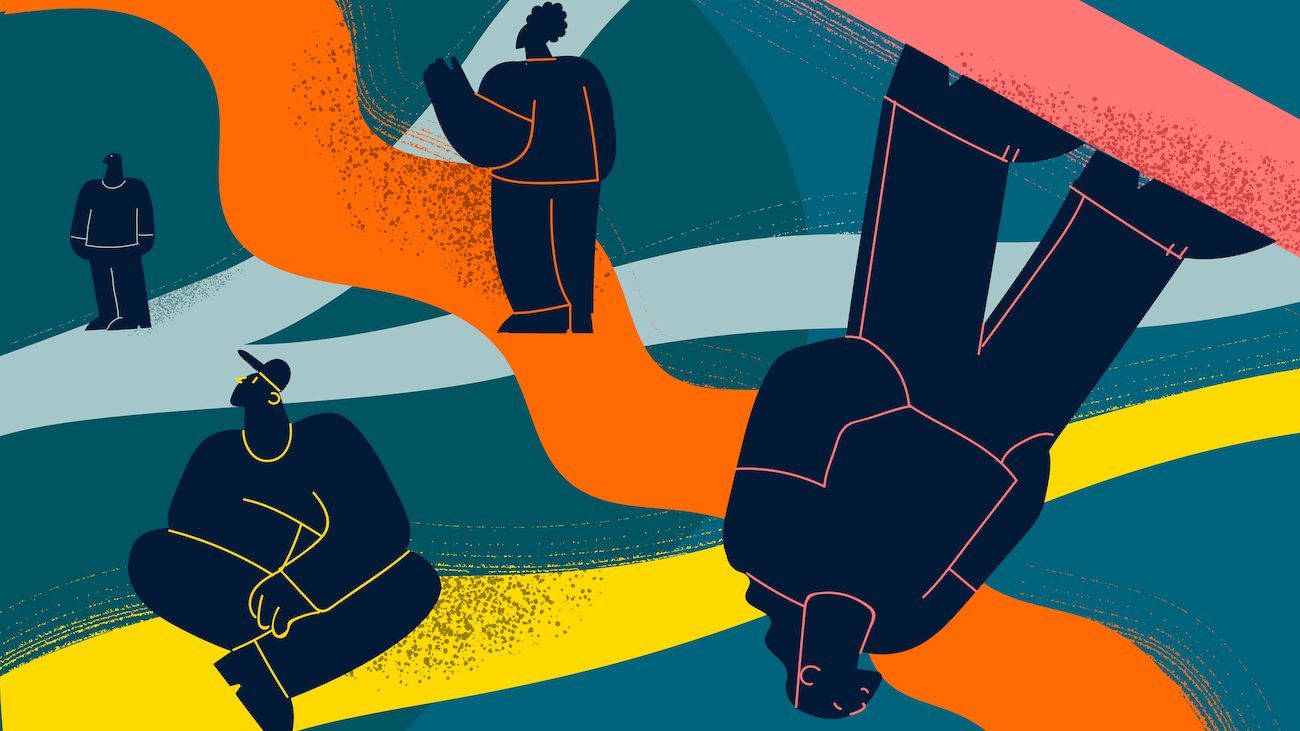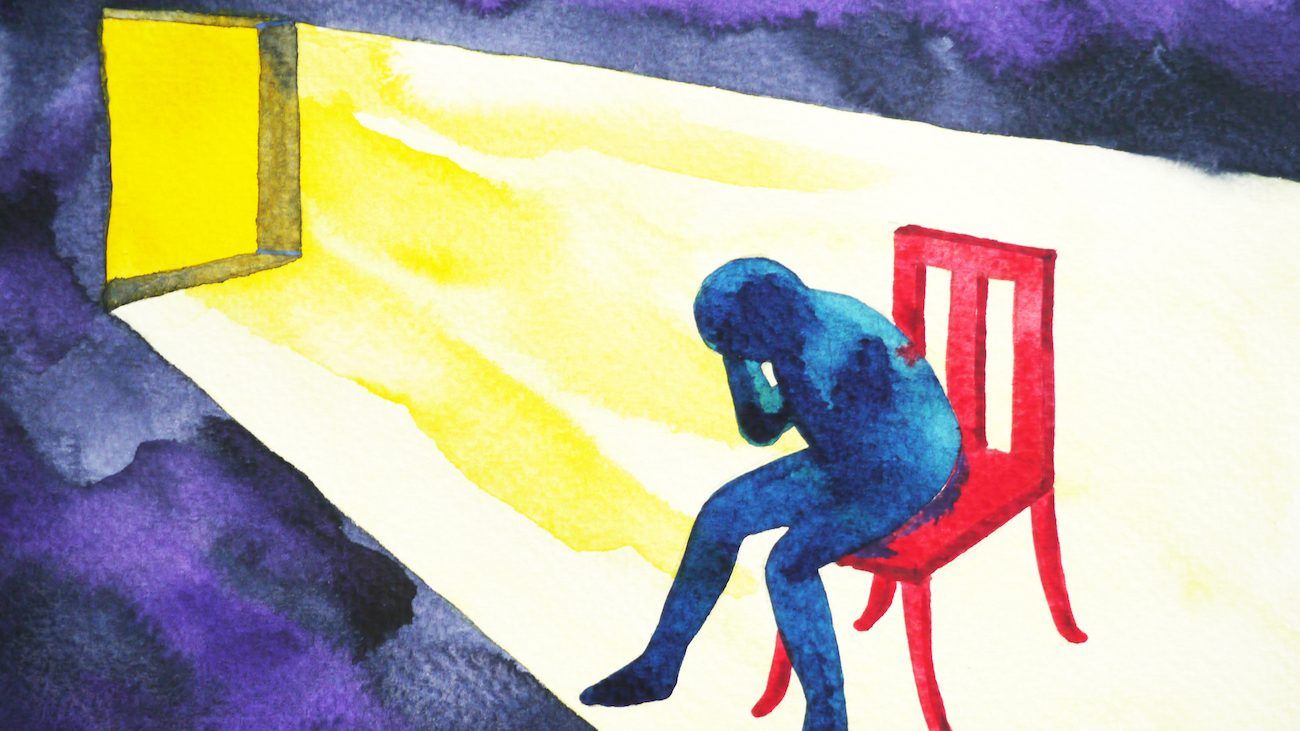how to practice gratitude
so if feeling and expressing gratitude can make us happier and healthier, what’s the best way to experience it, not just one day a year, but every day?
badali agrees with the practice of writing down what you’re grateful for, a kind of count-your-blessings exercise, either in list form or longer, deeper expressions in a journal.
“every day for at least a week, write down three things that went well for you that day and provide an explanation for why they went well,” she says. “be as specific as possible. you’re basically shifting your attention away from the bad things to the good things, the gratitude.”
you can also write a thank-you letter or note, even if you don’t send it — research has shown just the practice of writing that message makes us feel better.
if you’d rather not write, you can practice gratitude contemplation, which is just thinking about what you’re most thankful for in a meditative way. making a phone call or paying someone a visit and slipping into the conversation how much you appreciate them is yet another gratitude strategy.
“not everything works for everyone,” says badali. “pick one that is appealing to you because if you’re more motivated to do it, it will work better. but writing about what you’re thankful for and being transparent helps you build that skill and that muscle of paying attention and focusing. it’s a relatively small investment in time that most people can do and has the potential to benefit various aspects of psychological and physical well-being. it’s well worth a try.”
 5 minute read
5 minute read









